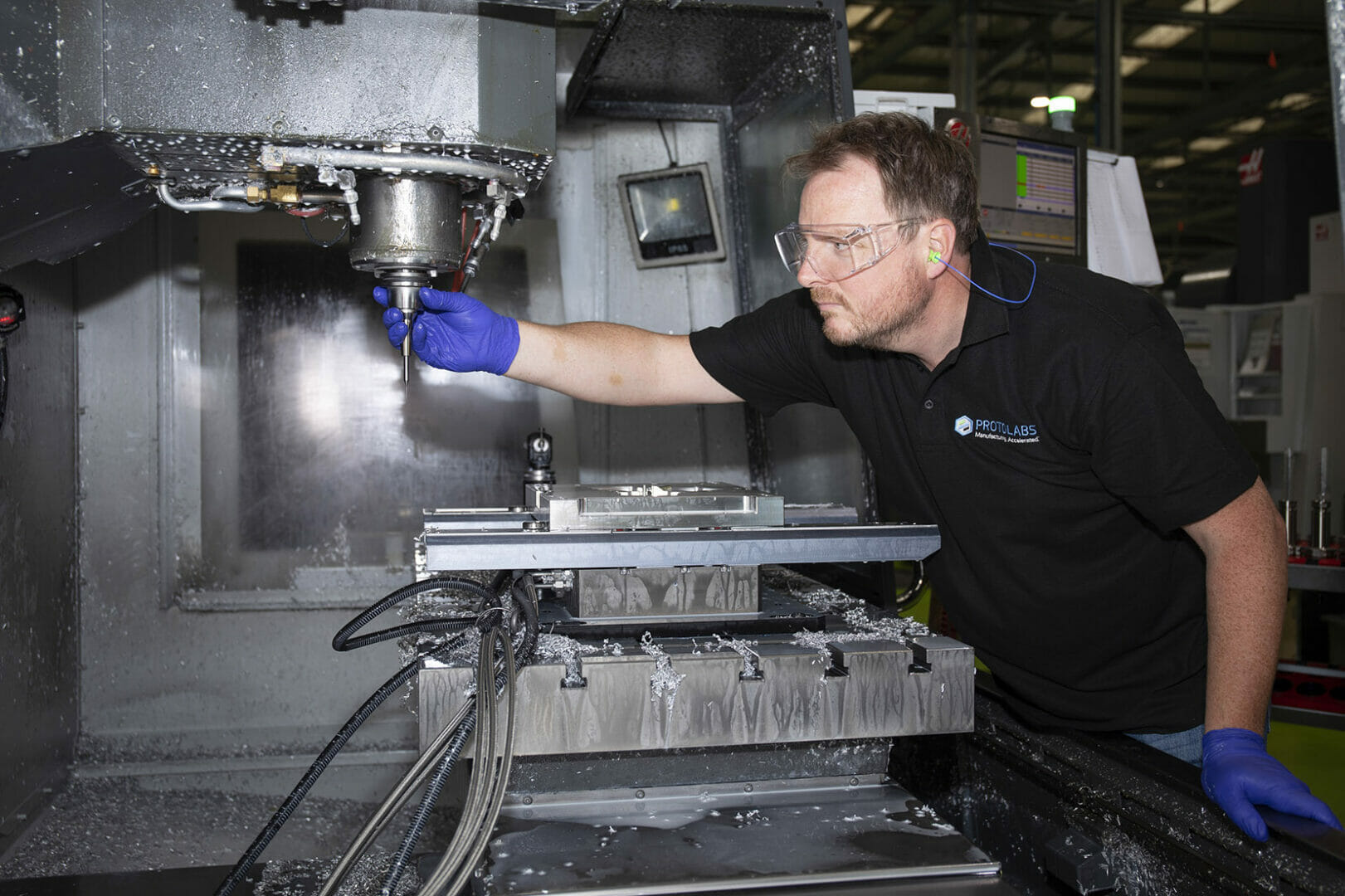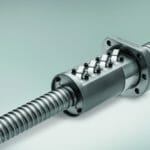The UK’s auto industry is doing more than its European counterparts to help tackle climate change, according to new research out today.
Domestic car makers and automotive suppliers are investing more in electrification and alternative powertrain solutions than their competitors in Europe.
Latest figures taken from ‘The Innovation Race’ – a Protolabs report that examines the challenges and opportunities faced by Europe’s car makers – show nearly half of the UK’s auto firms (46%) are committing significant resources to exploring new possibilities in electric and hybrid vehicles, compared to just 34% in their nearest rivals Germany.
The UK also appears to be leading the field in pioneering new approaches to fuel efficiency (34%) and recognising the potential in developing autonomous parts and vehicles.
Research highlights the strides that the industry is taking to combat climate change and to meet the sector’s commitment to reduce CO2 emissions to 95g/km by 2020/21, by 15% in 2025 and by 37.5% in 2030.
“You can see from the scale of recent global protests how important protecting our environment is and it is reassuring to see the automotive industry is meeting the challenge head-on,” explained Bjoern Klaas, Vice President and Managing Director of Protolabs Europe.
“The UK, in particular, is outstripping the rest of its European rivals in its efforts to develop and identify new powertrain solutions that deliver better fuel efficiency yet retain the same driving performance motorists expect.
“Car makers, the supply chain and academia have recognised the importance of working together and are well on their way to introducing new technologies. This does not mean we’ll be seeing all electric vehicles on our roads in the next five years… it’s more a case of looking at hybrid solutions and testing all possible alternatives, whether that is electric, hydrogen or cleaner combustion engines.”
He continued: “As well as environmental legislation, there has definitely been a change in consumer attitudes towards motoring and there appears to be a growing desire to find ways of achieving ‘greener’ travel. Our report highlighted this point, with 56% of respondents believing more people would be sharing cars rather than buying them by 2022.”
Changing Landscape
The Protolabs report was completed during July and involved 300 leading automotive professionals from France, Germany, Italy and the UK.
Respondents work across senior management, R&D, engineering design, technology and supply chain management at firms including BMW, Daimler, JLR, Magneti Marelli, Volkswagen and Williams F1 – providing one of the most comprehensive overviews of the sector recently completed.
The strong commitment to accelerating electrification and finding powertrain solutions will be a key competitive advantage for UK firms, who are increasingly worried about a changing competitor landscape.
More than half (52%) expect the market to be disrupted by a revolutionary vehicle and the reality is that traditional automotive firms will soon be competing with a rival from outside the industry, including the likes of Alphabet’s Waymo, Google and starts-up Aurora and Zoox.
Geography is also a factor. The European car industry believes that East Asia poses the biggest threat to losing business at 69%, followed by North America with 51%.
The biggest concerns for UK firms are that competitors will be better placed to meet customer demand, they will achieve innovation with the manufacturing process (3D Printing/Materials) quicker and will adopt the pioneering use of technology faster.
Surprisingly, just over a third felt that producing cars cheaper was a threat, somewhat dismissing the notion of low cost manufacturing.
Bjoern concluded: “We are living in a period of unprecedented change, but with change comes opportunity and if the UK continues to seize the electrification and new powertrain agenda then it could become one of the world leaders in this technology.
“As always, speed to market is essential and making sure car makers, suppliers and engineering consultancies have access to services that can deliver prototypes and low to medium parts quickly will be increasingly important.”
For further information and to download the report, please visit www.protolabs.co.uk







